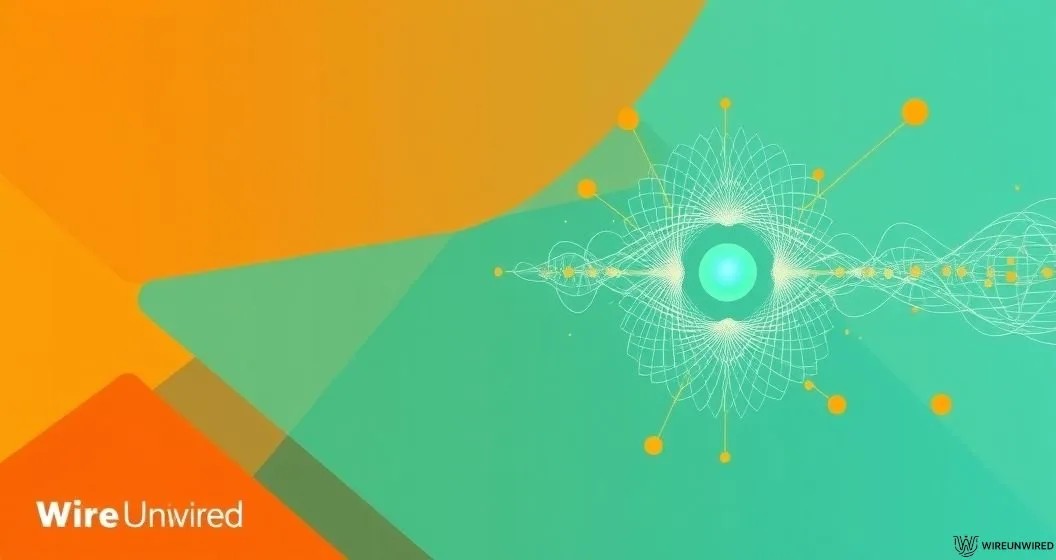This achievement, reported by Indian technology outlets, stands out for its elegant simplicity. Instead of relying on complex, multi-particle quantum systems, the team used temporal tests on a single qubit to generate randomness that can be mathematically certified as truly unpredictable. This approach dramatically reduces the technical hurdles for producing quantum randomness and opens the door for practical, scalable deployment via cloud-accessible quantum computers.
Background: The Challenge of Randomness in Computing
In classical computing, generating random numbers that are truly unpredictable is notoriously difficult. Most random number generators are ultimately deterministic and vulnerable to prediction or reverse engineering. Quantum mechanics, however, offers a way to harness inherent uncertainty to produce genuine randomness.
Previous demonstrations of certified quantum randomness required large, complex systems involving many entangled particles. These setups are technically demanding and limited to a handful of advanced laboratories worldwide. The new single-qubit protocol overcomes these barriers, making quantum-certified randomness accessible to a broader scientific and industrial community.
Key Findings: Simplicity Enables Scale
The research team’s protocol employs temporal tests—measuring a single qubit at different times—to extract randomness that is both unpredictable and mathematically verifiable. This eliminates the need for intricate multi-qubit entanglement or elaborate experimental apparatus, making it feasible to deploy on cloud-based quantum computers for real-world applications.
By lowering the technical threshold, the breakthrough enables organizations and developers to generate certified random numbers remotely, without investing in costly quantum hardware. This is particularly relevant for cryptography, where unpredictability is critical for secure communications, digital signatures, and safeguarding sensitive data.
Impact and Global Context
While recent advances in certified quantum randomness have leveraged powerful 56-qubit systems, the Indian-led team’s approach demonstrates that similar security guarantees are possible with a far simpler setup. Early reactions in India’s scientific community have been enthusiastic, with pride expressed in the nation’s leadership on this front. The news has yet to reach major global outlets, but experts are already highlighting its potential to democratize quantum security and accelerate the integration of quantum technologies into mainstream cloud services.
As quantum computing continues to evolve, the ability to generate and certify randomness efficiently will underpin advances in cryptography, privacy, and secure communications worldwide. India’s latest contribution positions it at the forefront of this critical field, paving the way for more accessible and robust quantum-secure solutions.
For ongoing updates and to join discussions with technology enthusiasts, scientists, and industry professionals, readers are invited to join our WireUnwired WhatsApp community.
Discover more from WireUnwired Research
Subscribe to get the latest posts sent to your email.




